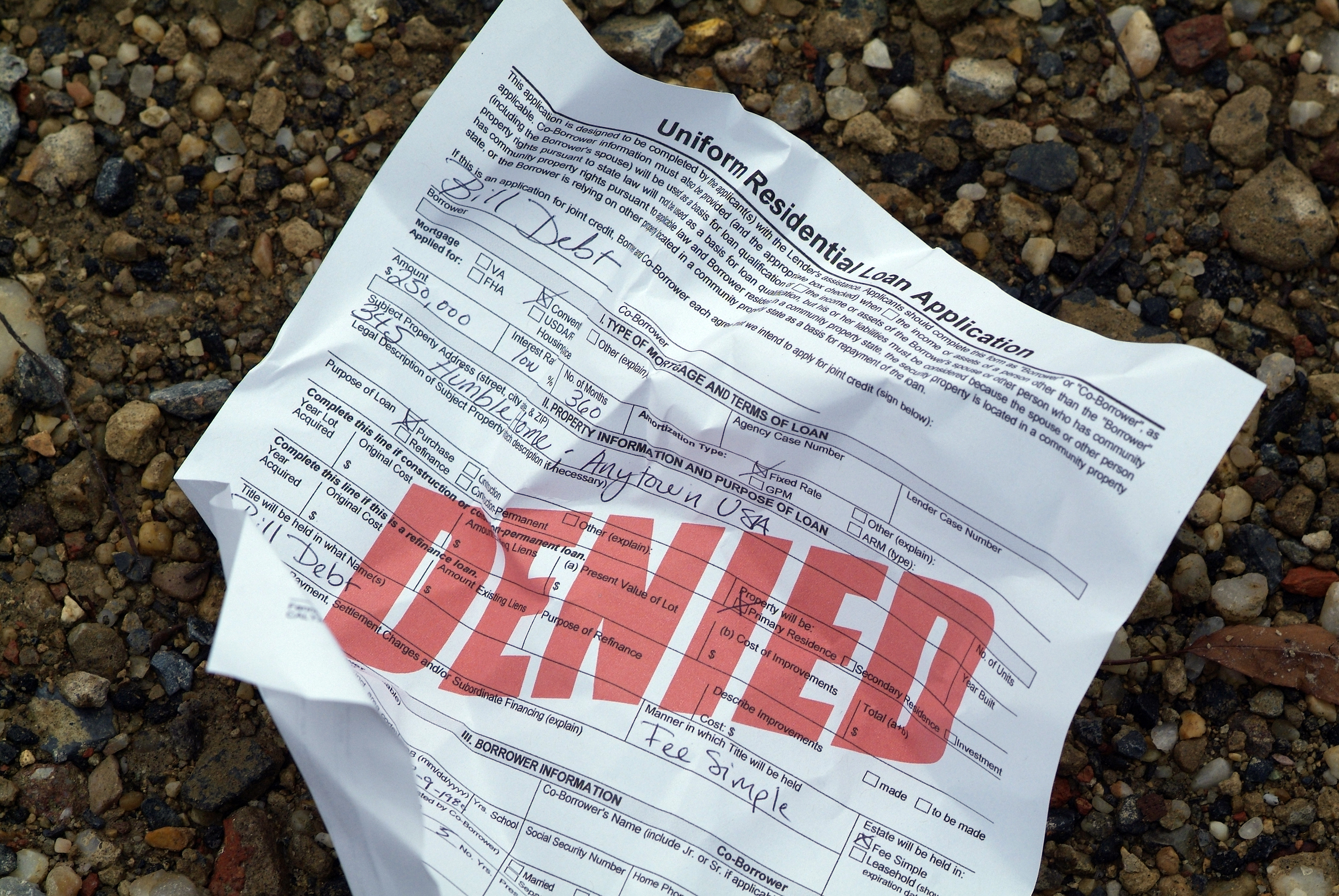Latest news about Bitcoin and all cryptocurrencies. Your daily crypto news habit.

Over the past year, cryptocurrencies like bitcoin have gained in value and some people have ‘cashed out’ their digital assets in order to purchase cars or a new home. However, some people who have sold cryptocurrencies in the past may have a hard time getting a home loan even though they have the funds to purchase the property. This week on the bitcoin Reddit forum r/btc, a person who attempted to get a mortgage from the U.S. based financial firm, PNC Bank, was denied because he sold cryptocurrencies in the past.
Also read: Dancing With the Devil: ‘Cashing Out’ Cryptos Into Fiat Not So Easy
Mortgage Division at PNC Bank Allegedly Denies Loan Because of Prior Bitcoin Sales
 Back in December of 2017, the price of BTC was close to $20,000 USD per coin and there were definitely a lot of investors who ‘cashed out’ during that time, and the months that followed. Around that time news.Bitcoin.com reported on the major hype that was taking place with media reports of Lamborghini purchases, and lots of mansions bought with bitcoin. We also detailed that ‘cashing out’ cryptocurrencies into fiat is not so easy, especially when it comes to transfers over $10,000 USD. This week a bitcoin investor who sold some of his digital assets this past December reveals he was denied a mortgage loan from PNC Bank because the source of his funds may have been derived from cryptocurrency sales.
Back in December of 2017, the price of BTC was close to $20,000 USD per coin and there were definitely a lot of investors who ‘cashed out’ during that time, and the months that followed. Around that time news.Bitcoin.com reported on the major hype that was taking place with media reports of Lamborghini purchases, and lots of mansions bought with bitcoin. We also detailed that ‘cashing out’ cryptocurrencies into fiat is not so easy, especially when it comes to transfers over $10,000 USD. This week a bitcoin investor who sold some of his digital assets this past December reveals he was denied a mortgage loan from PNC Bank because the source of his funds may have been derived from cryptocurrency sales.
“I sold some coin in December, and I have jumped through tons of hoops, unrelated to bitcoin, while getting a traditional mortgage with PNC — They didn’t mention bitcoin as a concern at all during the entire process,” explains the Reddit user u/fojawi. “Finally, after I make all the concessions they want, answer all of their questions, they admit they were throwing up these walls because some of the source of funds for the downpayment is bitcoin.”
In the end, they are now saying that no part of the funding for the downpayment or other factors for the mortgage can be sales related to bitcoin. All of the money is in the bank in a savings account. The bank holding the money never touched any bitcoin exchange. They say it doesn’t matter how long ago the sale was…
‘Mortgage Providers, in General, Are Not Ready for This Issue’
This is not the first time people have had issues with prior bitcoin sales messing up their chances towards securing a mortgage from a lender. Immediately after the all-time price highs within the cryptocurrency economy, reports began to surface that UK mortgage lenders were refusing to accept deposits associated with digital assets because of “money laundering fears.” According to a broker from House and Holiday Home Mortgages, Mark Stallard, one individual he was working with had accumulated £40,000 from bitcoin investments and Stallard had difficulties with lenders.
“The first mortgage lender I rang asked me what a cryptocurrency was,” Stallard details in an interview. “I rang two other lenders and they said they would not touch it.”
When I mentioned where the money had come from there was massive reluctance to help or understand the problem. I do not believe the mortgage providers, in general, are ready for this issue and research tells me that a lot more people will be knocking on our doors with funds made or raised in this fashion.
Building Societies Association and UK Lenders Consider Funds Derived From Cryptocurrencies Risky Because of Possible Relations to Money Laundering
Moreover, some of the UK mortgage lenders who might allow funds derived from cryptocurrency gains in order to procure a mortgage will need extensive audits. For instance, the UK’s Skipton, Yorkshire, and Coventry Building Society say they will accept funds derived from cryptocurrencies, but will also require a more thorough audit and identification process. A statement from the region’s Building Societies Association (BSA) details that lenders are leery of these funds due to “money laundering risks.” The BSA represents and is partnered with a large number of mutual lenders and deposit takers within the UK.
“There is currently no regulation of these electronic currencies, which puts them into the highest risk category in relation to money laundering — In addition, it is well known that such currencies are popular with criminals, who use them to launder the proceeds of crime,” the BSA explained this past January.
What do you think about banks and mortgage lenders denying applicants because their money was connected to cryptocurrency sales? Let us know your thoughts on this subject in the comment section below.
Images via Shutterstock, Pixabay, and Wiki Commons.
At Bitcoin.com there’s a bunch of free helpful services. For instance, have you seen our Tools page? You can even lookup the exchange rate for a transaction in the past. Or calculate the value of your current holdings. Or create a paper wallet. And much more.
Disclaimer
The views and opinions expressed in this article are solely those of the authors and do not reflect the views of Bitcoin Insider. Every investment and trading move involves risk - this is especially true for cryptocurrencies given their volatility. We strongly advise our readers to conduct their own research when making a decision.
